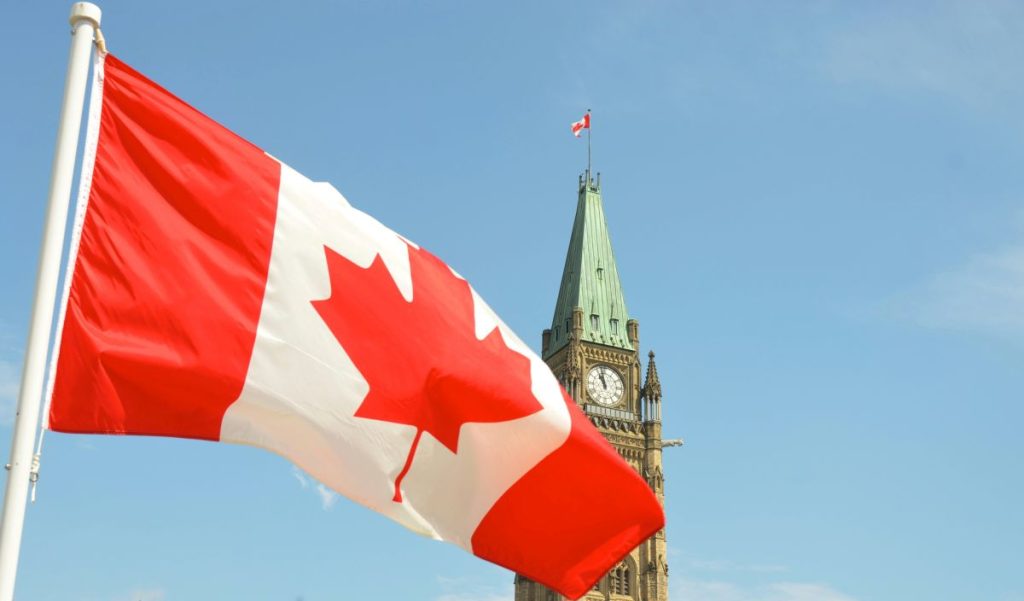The United States and Canada have agreed to postpone the enforcement of newly issued tariffs for 30 days as both countries work to address shared security concerns. The decision, announced Monday by U.S. President Donald Trump and Canadian Prime Minister Justin Trudeau, follows discussions between the two leaders on border security and efforts to combat drug trafficking.
A Tactical Pause for Diplomatic Coordination
The move comes after Canada responded to Trump’s tariff announcement with its own set of levies, escalating tensions between the two trading partners. However, in a shift toward diplomacy, Trudeau described his conversation with Trump as constructive, stating that the two nations will work together to reinforce their shared border. Trump echoed the sentiment in a statement on social media, confirming that negotiations will continue over the coming weeks.
As part of the agreement, Canada will deploy nearly 10,000 frontline personnel to strengthen border enforcement. This initiative is part of a larger $1.3 billion national security plan aimed at cracking down on the flow of fentanyl and other illicit drugs. Additionally, Canada will appoint a new “Fentanyl Czar” and establish a joint strike force with the U.S. to combat organized crime, drug trafficking, and money laundering. Trudeau has also committed $200 million to a new intelligence directive focused on dismantling fentanyl distribution networks.
Tariff Enforcement Pushed Back as Talks Progress
In light of these measures, both countries have agreed to suspend their respective tariff enforcement deadlines, originally set for February 4, giving negotiators time to work out a more comprehensive agreement. The temporary pause mirrors a similar arrangement between the U.S. and Mexico, where tariffs were postponed until March following security discussions between Trump and Mexican President Claudia Sheinbaum.
This delay offers a brief reprieve for businesses on both sides of the border that had been bracing for disruptions. Canada and the U.S. are each other’s largest trading partners, with deeply intertwined supply chains, particularly in industries such as automotive, manufacturing, and agriculture. While the temporary tariff suspension is a welcome development, uncertainty remains over the long-term trade relationship between the two nations.
Balancing Trade Policy with Security Priorities
While the 30-day suspension signals an attempt to de-escalate tensions, it remains to be seen whether both sides can reach a lasting agreement. The next month will be critical in determining whether this pause leads to a more stable trade environment or merely postpones further disruptions. For now, companies operating in North America must remain adaptable, ensuring they are prepared for shifting policies that could impact cross-border commerce.







